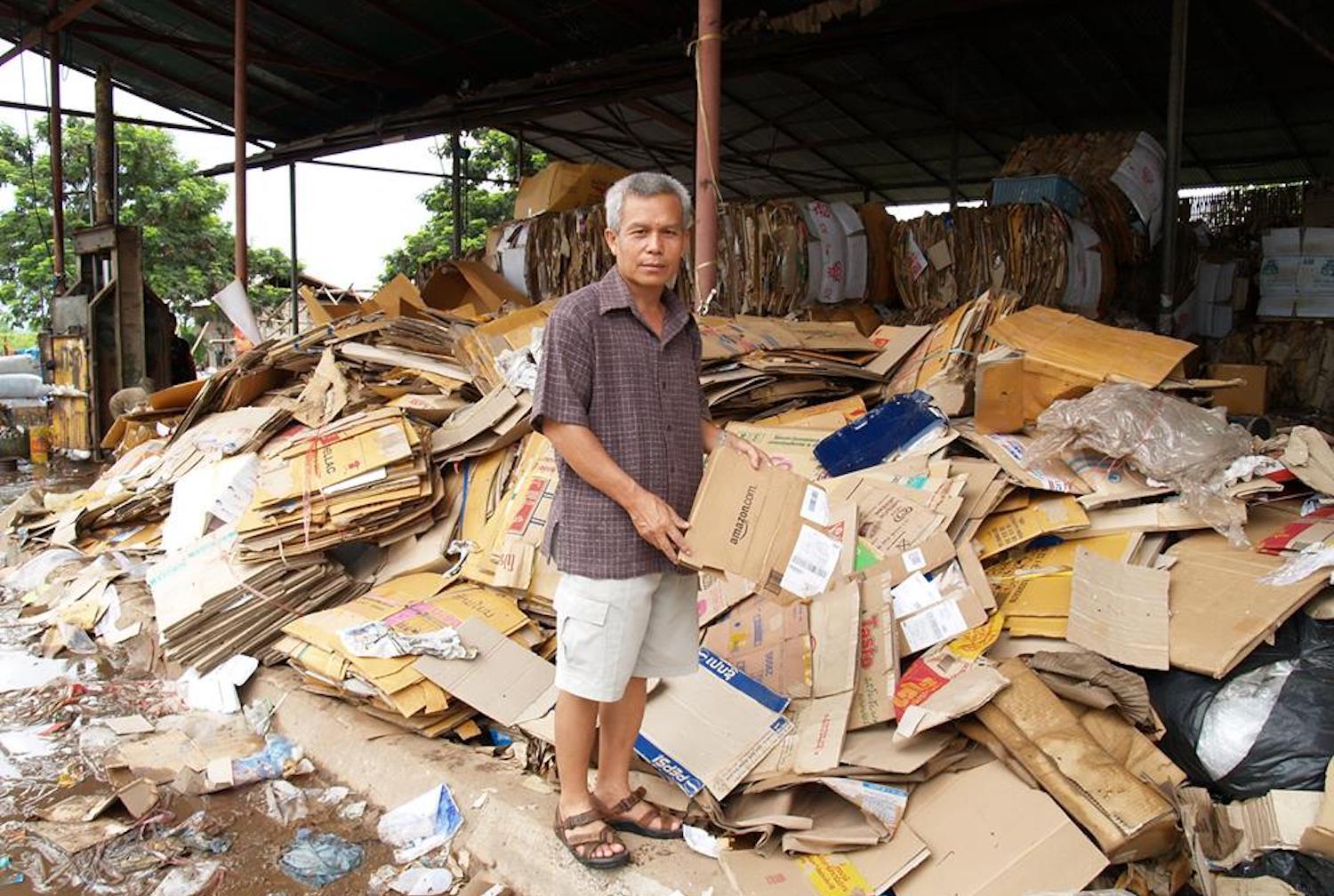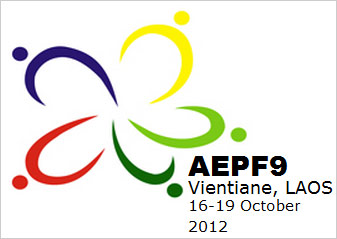 To the Regional Steering Committee ACSC/APF 2015 Malaysia
To the Regional Steering Committee ACSC/APF 2015 Malaysia
Mr. Jerald Joseph, Malaysia, RSC Chair
Pengiran Datin Paduka Hajah Mariam Pg Hj Matarsat, Brunei Darussalam, RSC Member Mr. Pen Somony, Cambodia, RSC Member
Ms. Mida Saragih, Indonesia, RSC Member
Dr. Maydom Chanthanasinh, Lao PDR, RSC Member
Mr. Aung Myo Min, Myanmar, RSC Member
Mr. Eduardo C. Tadem, Philippines, RSC Member
Mr. Soe Min Than, Singapore, RSC Member
Ms. Wanun Permpibul, Thailand, RSC Member
Ms. Nguyen Thi Hoang Van, Vietnam, RSC Member
Ms. Reileen Dulay, Regional, RSC Member
Ms. Nalini Singh, Regional, RSC Member
Mr. Gus Miclat, Regional, RSC Member
 We, the undersigned, are national, regional and international civil society organisations, networks and alliances working in South East Asian countries, and key movers of the ASEAN Civil Society Conference/ ASEAN People’s Forum (ACSC/APF) processes through the last ten years, from 2005 to 2015. With you, we have been committed to promoting the ACSC/APF process as a civil society-driven, free and open space for building community and solidarity amongst the peoples of Southeast Asia.
We, the undersigned, are national, regional and international civil society organisations, networks and alliances working in South East Asian countries, and key movers of the ASEAN Civil Society Conference/ ASEAN People’s Forum (ACSC/APF) processes through the last ten years, from 2005 to 2015. With you, we have been committed to promoting the ACSC/APF process as a civil society-driven, free and open space for building community and solidarity amongst the peoples of Southeast Asia.
While we have had a demonstrable commitment to the ACSC/APF process, we wish to raise our collective concern on the state of democracy and human rights in Lao PDR, and the difficulties we anticipate in having an ACSC/APF in Lao PDR in 2016. Continue reading “Statement of Concern on Lao PDR and the ACSC/APF 2016”








